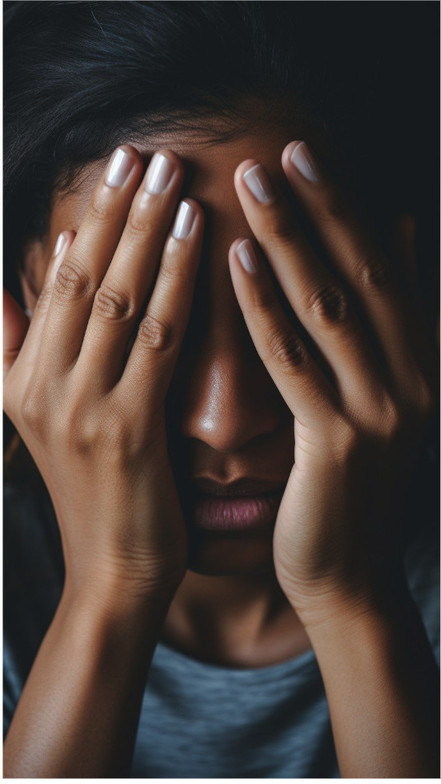
Understanding Women’s Mental Health: Breaking the Silence and Building Strength
Introduction
Women’s mental health is a vital — yet often overlooked — aspect of overall wellbeing. While conversations around mental health have become more open in recent years, many women still face unique emotional, social, and biological challenges that can impact their mental state. From hormonal fluctuations to societal pressures, the factors influencing women’s mental health are complex and deeply intertwined.
This blog explores the key issues affecting women’s mental health, the importance of awareness, and how women can find support and healing in a world that often asks them to “keep it together.”
1. Why Women’s Mental Health Deserves Special Attention
Mental health disorders don’t discriminate, but research consistently shows that women experience certain conditions at higher rates. For example:
-
Depression affects nearly twice as many women as men.
-
Anxiety disorders are more prevalent among women, often linked to hormonal changes, trauma, and chronic stress.
-
Postpartum depression affects up to 1 in 7 new mothers.
-
Eating disorders disproportionately impact young women and girls.
Biology plays a role — fluctuating estrogen and progesterone levels during menstruation, pregnancy, and menopause can influence mood and emotional regulation. But social and cultural factors — such as gender inequality, caregiving burdens, and unrealistic beauty standards — also contribute to higher stress levels among women.
2. The Hidden Weight of Expectations
Many women feel pressured to excel in every aspect of life — as professionals, mothers, partners, and caregivers. This “do-it-all” mentality can lead to burnout and emotional exhaustion.
Perfectionism and self-sacrifice often go hand in hand. Women may downplay their own struggles to appear strong or avoid burdening others. Over time, this can create feelings of isolation, resentment, and chronic anxiety.
Learning to set boundaries, ask for help, and prioritize self-care is not selfish — it’s essential for mental health and sustainable wellbeing.
3. Life Stages and Mental Health
Women’s emotional well-being can fluctuate across different life stages:
-
Adolescence: Hormonal shifts and social pressures can trigger anxiety, depression, or body image issues.
-
Reproductive years: PMS, PMDD (premenstrual dysphoric disorder), infertility struggles, and postpartum depression can significantly affect mood.
-
Midlife and menopause: Hormonal changes, shifting family dynamics, and aging concerns can lead to new emotional challenges.
-
Later life: Women often face loneliness, loss of a spouse, or caregiving responsibilities for aging relatives — all of which can affect mental health.
Recognizing these transitions as natural — and preparing emotionally — can help women navigate them with compassion and strength.
4. Breaking the Stigma
Although progress has been made, stigma around mental health still prevents many women from seeking help. In some cultures, mental illness is viewed as a weakness, leading women to suffer in silence.
Breaking the stigma starts with open conversations. Talking about therapy, medication, or burnout doesn’t make someone weak — it makes them brave. Community support, online platforms, and peer groups can help normalize the conversation around women’s mental health.
5. How to Support Women’s Mental Health
Whether you’re supporting yourself or someone you care about, here are some practical steps:
-
Encourage therapy — professional guidance can make a huge difference.
-
Promote rest and self-care — downtime isn’t lazy; it’s healing.
-
Create safe spaces — at home, work, and online for open dialogue.
-
Educate yourself — learn about symptoms, treatments, and support systems.
-
Celebrate vulnerability — remind women that it’s okay not to be okay.
6. Final Thoughts
Women’s mental health is not a niche issue — it’s a global priority. By listening, learning, and supporting each other, we can create a world where women feel empowered to care for their minds as much as their bodies.
If you or someone you know is struggling, remember: help is available. Reach out to a trusted friend, counselor, or mental health hotline. Healing begins with one brave step — speaking up.
If you’re in crisis:
In the U.S., call or text 988 for the Suicide and Crisis Lifeline.
If you’re outside the U.S., visit findahelpline.com, which lists international hotlines.

Mary Ann Smith
Contact Me



